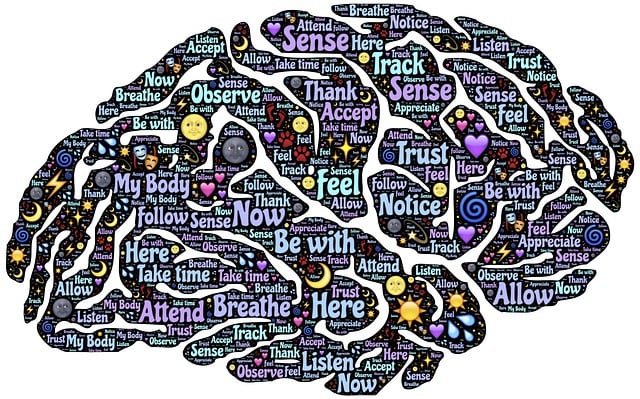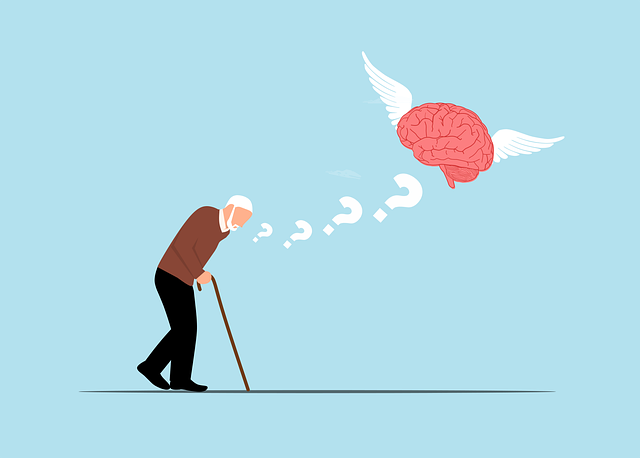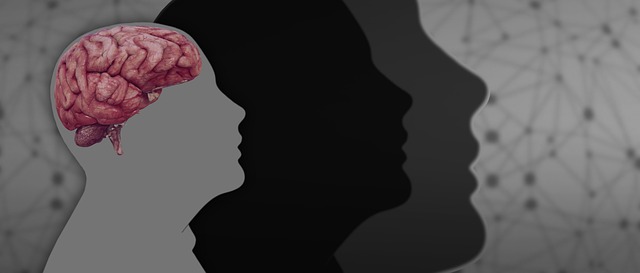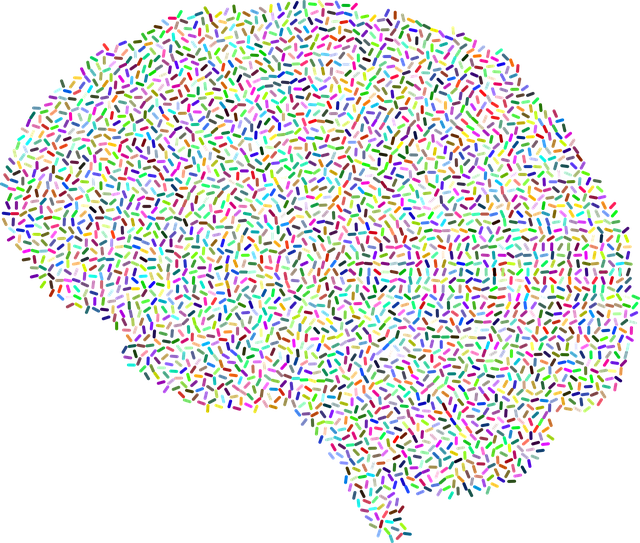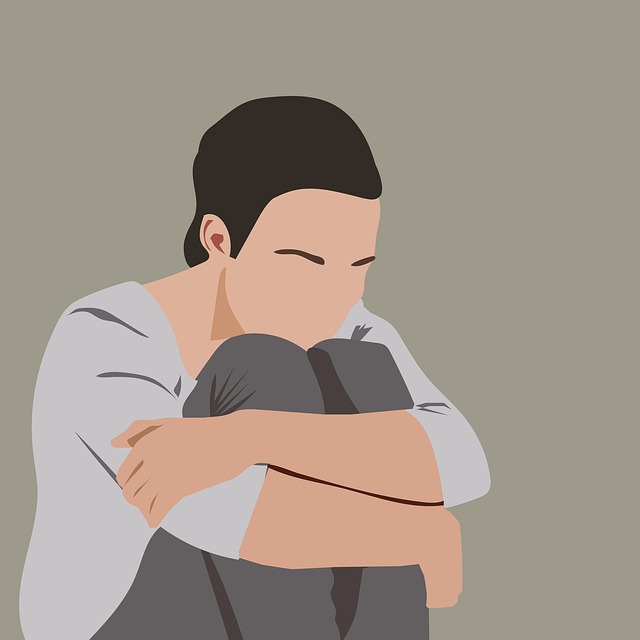Grief and postpartum depression significantly impact adolescent teens, hindering their emotional development. Specialized therapy, including cognitive behavioral therapy (CBT) and mindfulness techniques, is crucial to address unique challenges. Safe spaces, support groups, and public awareness campaigns enhance healing and mental wellness. Early identification and tailored interventions are vital for at-risk teens, emphasizing the importance of therapy for adolescent teens and postpartum depression support. Combining professional counseling with self-care practices empowers teens to navigate and overcome these difficulties.
Loss, grief, and bereavement significantly impact adolescents, especially during pivotal developmental stages. This article delves into the unique challenges faced by teen individuals grappling with these emotions, focusing on postpartum depression in mothers and its effects on support systems. We explore therapeutic approaches tailored to adolescent teens, providing effective strategies for navigating grief. Additionally, we emphasize the importance of mental health care resources, offering guidance on available support for both teens and their families, particularly regarding therapy for adolescent teens and postpartum depression.
- Understanding Grief and Bereavement in Adolescent Teens
- The Impact of Postpartum Depression on Mothers and Their Support Systems
- Therapeutic Approaches for Teen Grief Counseling
- Effective Strategies to Navigate Grief and Enhance Healing
- Finding Support Resources for Adolescent Mental Health Care
Understanding Grief and Bereavement in Adolescent Teens

Grief and bereavement are significant challenges that can profoundly impact adolescent teens. As young individuals navigate their emotional development, experiencing loss through the death of a loved one can be particularly daunting. The process of understanding and coping with grief in this demographic is intricate, requiring specialized care. Many teenagers struggle with what is often described as ‘complex grief’, which involves a range of intense emotions that may include anger, guilt, sadness, and even relief. This complex emotional landscape can hinder their ability to cope and heal effectively on their own.
Therapy for adolescent teens dealing with bereavement often involves compassionate cultivation practices tailored to address their unique needs. Professionals in the field emphasize the importance of creating safe spaces where teens feel understood and supported. Public awareness campaigns development and emotional well-being promotion techniques can also play a pivotal role in educating both teens and the wider community about healthy coping mechanisms and available support systems, ensuring that adolescents receive the necessary tools to navigate and overcome their grief.
The Impact of Postpartum Depression on Mothers and Their Support Systems

Postpartum depression (PPD) is a significant mental health challenge that can profoundly impact mothers and their support systems, including partners, family, and friends. This condition often manifests as intense feelings of sadness, anxiety, and exhaustion, hindering a new mother’s ability to care for herself and her baby. The effects ripple through daily life, affecting parenting, relationships, and overall well-being.
For adolescent teens who become mothers, the risk of developing PPD is even higher due to their developmental stage and potential lack of support. Therefore, early identification and intervention are crucial. Therapy tailored for this demographic can include evidence-based practices like cognitive behavioral therapy (CBT) and mindfulness techniques. Additionally, healthcare providers can employ burnout prevention strategies, such as regular self-awareness exercises, to support themselves and ensure they have the resilience to offer quality care. Mental health policy analysis and advocacy also play a vital role in expanding access to PPD resources and services for at-risk populations.
Therapeutic Approaches for Teen Grief Counseling

Grief counseling for teenagers is a specialized field that recognizes the unique challenges and experiences of adolescents navigating loss. Many therapeutic approaches have been developed to support young people through the grieving process, which can be particularly complex due to hormonal changes, peer influence, and developmental stages. One effective method is cognitive-behavioral therapy (CBT), focusing on identifying and challenging negative thoughts and behaviors associated with grief. This helps adolescent teens manage their emotions, improve mood regulation, and enhance their ability to cope with the loss.
Additionally, mindfulness practices and support groups can be powerful tools in teen grief counseling. Mindfulness techniques teach present-moment awareness, enabling adolescents to accept and process their emotions without judgment. Support groups facilitate peer connections, offering a sense of belonging and understanding as they share their experiences. These approaches not only help teenagers process their grief but also contribute to better mental wellness and confidence boosting, crucial aspects for their overall development and resilience in the face of loss, especially when dealing with postpartum depression.
Effective Strategies to Navigate Grief and Enhance Healing

Navigating grief and enhancing healing is a multifaceted process that requires tailored strategies for each individual’s unique journey. One effective approach involves therapy for adolescent teens, addressing specific emotional challenges they may face during this period of life. Counselors specializing in bereavement support can provide a safe space for teens to express their feelings, fostering open communication and encouraging the development of healthy coping mechanisms.
Incorporating self-esteem improvement techniques into counseling sessions has proven beneficial. By building resilience and promoting positive self-image, individuals can better manage intense emotions associated with loss. Additionally, public awareness campaigns focused on depression prevention can play a crucial role in early intervention, ensuring that those experiencing grief receive the necessary support before prolonged mourning turns into clinical depression or postpartum depression for new parents.
Finding Support Resources for Adolescent Mental Health Care

For adolescent mental health care, especially when navigating loss, grief, and bereavement, finding the right support resources is paramount. Many teens struggle with postpartum depression and other emotional challenges after significant life changes or losses. Fortunately, therapy for adolescent teens offers a safe space to process these feelings. Professional counselors skilled in trauma support services can provide empathy building strategies tailored to their unique needs.
Beyond therapy, fostering self-care practices becomes essential for adolescents coping with grief. Encouraging open communication, validating their emotions, and helping them develop healthy coping mechanisms are all part of the healing process. By combining professional counseling with supportive self-care routines, teens can begin to heal and rebuild a sense of well-being after loss and bereavement.
Grief and bereavement, especially in adolescent teens and new mothers, can be profound and complex. Understanding these processes is crucial for providing effective support through tailored therapy approaches, such as those designed for adolescent teens and addressing the unique challenges of postpartum depression. By implementing the strategies discussed, including access to mental health care resources for adolescents, we can enhance healing and ensure that individuals navigate their grief journeys with compassionate guidance and necessary tools.



